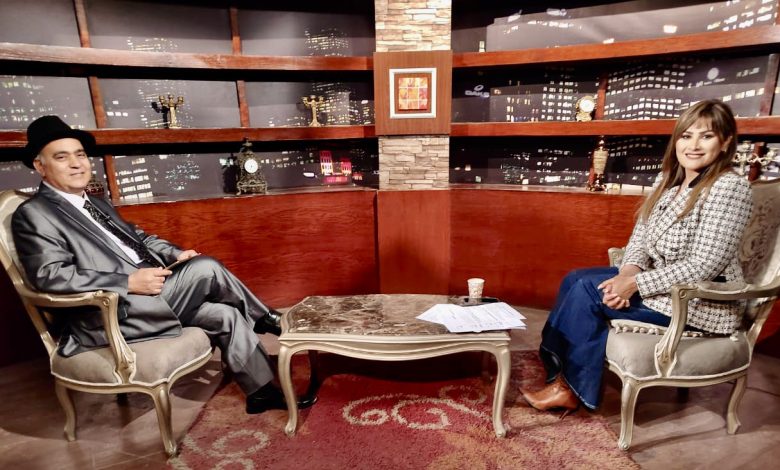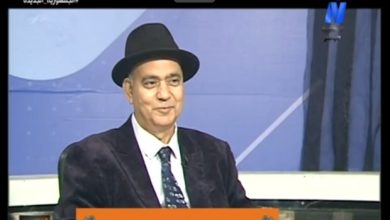
- The interview offered a comprehensive look into Korean cinema’s evolution, its wide-ranging genres, and its growing global influence. Through engaging clips and expert insights, Kawalees provided an in-depth exploration of why Korean cinema continues to captivate audiences worldwide.

In a recent episode of Kawalees, Ashraf Aboul-Yazid, editor-in-chief of Silk Road Creations and a jury member in international film festivals, discussed the history, genres, and global impact of Korean cinema. The conversation covered the evolution of Korean filmmaking, from its early days to its contemporary worldwide success.
A Century of Korean Cinema
Aboul-Yazid highlighted that Korean cinema, which has surpassed a hundred years, began under Japanese colonial rule (1910-1945). The first known Korean film, The Bridge (1919), marked the industry’s inception despite strict censorship. Over the decades, the industry evolved into a major force in global cinema, earning awards and recognition at international festivals.
Diversity in Korean Film Genres
The discussion focused on the variety of cinematic styles that define contemporary Korean cinema. Some of the key genres include:
- Animation: Aboul-Yazid explained why he classified animation as a foundational genre in Korean cinema, showcasing a clip from Zing (2011).
- Musicals: The global popularity of K-pop influenced the rise of musical films like Me to You, You to Me.
- Crime and Thriller Films: Korea has excelled in crime storytelling, with Memories of Murder as a prime example.
- Historical Films: Despite their cinematic excellence (The King and the Clown, The Admiral: Roaring Currents), historical films rarely receive global awards compared to social dramas.
- Horror Films: The rise of Korean horror, exemplified by Train to Busan (2016), reflects the global fascination with supernatural and psychological horror.
- Science Fiction: Korea’s technological and industrial advancement has influenced its sci-fi cinema, with Space Sweepers serving as a recent example.

The program started at 8:30 PM on Monday, February 17, 2025, with news segments, while the interview began at 9:10 PM and lasted for an hour.
In the picture, from right to left: Hanan Fikry, Rabab Yassin (executive director), Ashraf Aboul-Yazid, Fatma Al-Zahraa Hassan, Metwally El-Deeb, and Nihad Al-Hadini
The Global Influence of Korean Stars and Directors
The interview highlighted how Korean actors and filmmakers gained international recognition. Figures like Jun Kwang-ryul and Park Hae-il have transcended national fame, starring in critically acclaimed films like Decision to Leave.
Literature and Korean Cinema
Many Korean films are adaptations of literary works. The discussion touched on the significant role of literature in shaping Korean storytelling, further enriching its cinematic tradition.
Korea’s Film Festival Scene
Aboul-Yazid emphasized the importance of film festivals, particularly the Busan International Film Festival, in placing Korea on the global cinema map. The festival has become a platform for showcasing diverse cinematic voices from Asia and beyond.
Conclusion
The interview offered a comprehensive look into Korean cinema’s evolution, its wide-ranging genres, and its growing global influence. Through engaging clips and expert insights, Kawalees provided an in-depth exploration of why Korean cinema continues to captivate audiences worldwide.



